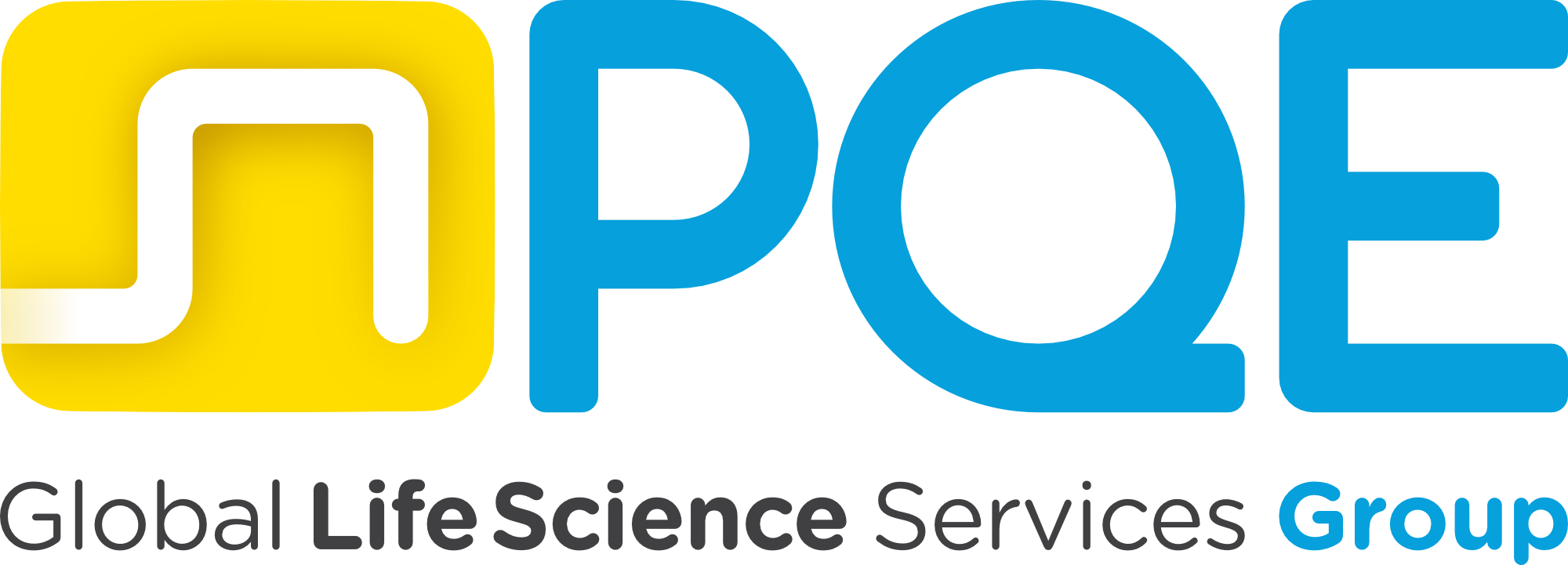Onboarding Consultants and Understanding Client Processes
A consultancy project manager joining a client’s team and bringing fellow consultants to add to the team creates a larger, more overreaching group dedicated to the project. As the consultants coming into a project, it is important that the project manager take time to understand the procedures and processes specific to the client site, navigate any potential issues that may have occurred throughout the project and set realistic standards and timelines for moving forward. The project manager must know exactly what the commissioning activity looks like and how it can be leveraged for qualification activities; the more that is known on the front end, the more likely the back end for qualification will run smoothly.
Engaging the Support Team and Identifying Opportunities for Improvement
Often, companies will require reworks that can lead to delays. The project manager who is managing and overseeing these decisions should also make every effort to keep the entire team involved and engaged. Ensuring that all members of the support team (i.e. directors, managers, in-house engineers, quality, consultants, etc.) are aligned with the project goals and understand how certain action items could be opportunities to identify gaps in procedures that will ultimately allow the team to work smarter and not harder – that is a primary goal of the project manager; not just to be the technical expert but also to understand expectations and how these can be implemented into each phase of work. At PQE, we strive to set goals and objectives for two-week time periods once the overall project scope has been created. By project managing tasks within shorter intervals we can identify what exactly is or is not occurring, what may impact our process/progress and what may need adjusting before starting down a new path.
Maximizing Efficiency
Understanding what tasks can or cannot be leveraged from the commissioning to the qualification phase, making risk analysis-based decisions, verifying that all processes are installed per the client’s user requirements, and ensuring accuracy through collaboration with quality will ultimately save time and money. On the other hand, the impact of not testing and not verifying can result in problems; clients need to understand the critical nature of testing and the parameters that must be used. Effective project managers understand the associated processes of the critical systems/equipment under test and are able to identify any issues/misalignments with expectations and communicate/correct them accordingly. Furthermore, when applicable, project managers recognize opportunities when tasks have already been completed in the commissioning phase that are not necessary to repeat in qualification testing – these are among the many responsibilities of the project manager.
It is also critical that the project manager continually communicates with the client and the full team to ensure everyone is aware of what is being done, what needs to be done, what can be considered completed, or when new findings are made. When transitioning from a commissioning state to a qualification state, documentation must be completed regarding steps that must be taken; the project manager has the knowledge, and from previous completed projects, the hindsight to recognize remaining gaps, what has already been done, what work is still required and the impact of not doing that work. Effective project management also requires recognition of what works best, and continually looking for more and better ways to improve and be more efficient. By identifying what really needs to be done, and where risks are low, the project manager can communicate with the team to drive project completion.
In Conclusion
In the end, quality compliance will always be the number one goal. As long as compliance and quality meet industry standards, the project is successful. This comes with patience, hard work, collaboration, and communication throughout the entire team. Led by an effective project manager, companies can create a way of proceeding with future similar projects avoiding unnecessary steps, saving time and money, and ensuring successful project completion.





